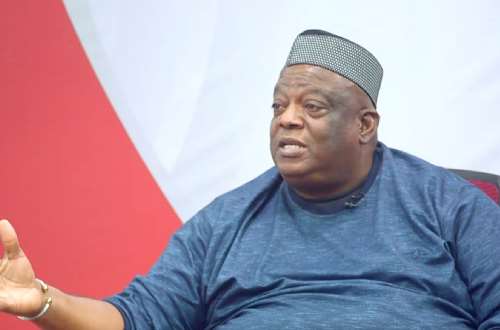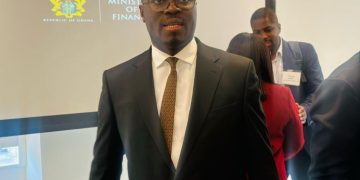2025 Budget to Test President Mahama’s Private Sector Partnership Promises
President John Mahama’s much-anticipated 2025 budget is expected to signal his administration’s intent to prioritize private sector-led economic growth, according to Joe Jackson, Chief Executive Officer of Dalex Finance.
Speaking on PM Express Business Edition, Mr Jackson emphasized the importance of the forthcoming fiscal blueprint in showcasing the government’s commitment to fostering an enabling environment for private enterprise.
“When the 2025 budget is unveiled, we will see whether the tax reforms promised are genuinely pro-growth and conducive to job creation. It will also reveal how the government plans to operationalize the 24-Hour Economy Programme to support the private sector in driving employment,” he remarked.
Economic Reset in Focus
In his inaugural address at Black Star Square, President Mahama outlined an ambitious agenda to rebuild Ghana’s economy, urging private sector collaboration.
Key among his pledges was a review of the nation’s tax framework, which has long been criticized as stifling business growth.
The president’s message, declaring Ghana “open for business,” resonated strongly with the corporate community.
However, the upcoming budget is viewed as the first real test of his administration’s ability to deliver on these promises.
Investor Sentiment at Stake
Mr Jackson speaking further, highlighted the dual challenge of addressing local business concerns while meeting obligations under Ghana’s ongoing International Monetary Fund (IMF) programme.
“Within the constraints of an IMF-supported programme, the budget must prioritize private sector-led growth while reassuring investors of the government’s commitment to attract foreign direct investment,” he stated.
Calls for Currency Stability
Real estate stakeholders, a key constituency in the private sector, are also closely monitoring developments. Samuel Amegayibor, Executive Secretary of the Ghana Real Estate Development Association (GREDA), expressed cautious optimism about the president’s proposed tax reforms but underscored the need for immediate action to stabilize the cedi.
“The promise to review the tax structure is welcome news for real estate. But we need sustained efforts to stabilize the cedi, particularly as it typically faces significant depreciation pressures in the first quarter,” Mr Amegayibor stated.
Currency volatility remains a perennial challenge for the real estate and broader business communities, complicating planning and raising costs.
High Stakes for 2025 Budget
As Ghana faces significant economic headwinds, including elevated debt levels and a fragile fiscal position, the stakes for the 2025 budget could not be higher.
For Mahama’s administration, it represents not only an opportunity to deliver on electoral promises but also a critical juncture to restore business and investor confidence.
“The budget will set the tone for the administration’s economic priorities and will either reinforce or undermine its credibility with the private sector and international investors,” Mr Jackson concluded.








